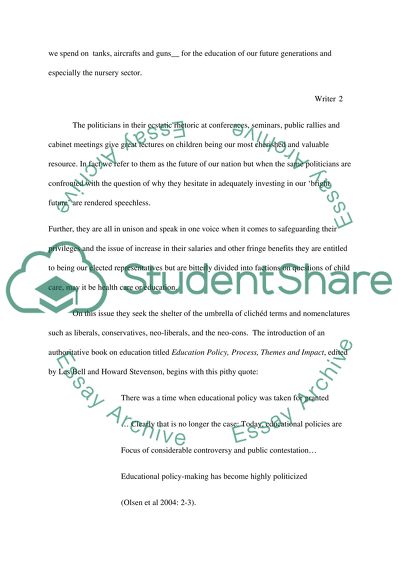Cite this document
(“Policy provision and legislation Essay Example | Topics and Well Written Essays - 5000 words”, n.d.)
Retrieved de https://studentshare.org/education/1391852-policy-provision-and-legislation
Retrieved de https://studentshare.org/education/1391852-policy-provision-and-legislation
(Policy Provision and Legislation Essay Example | Topics and Well Written Essays - 5000 Words)
https://studentshare.org/education/1391852-policy-provision-and-legislation.
https://studentshare.org/education/1391852-policy-provision-and-legislation.
“Policy Provision and Legislation Essay Example | Topics and Well Written Essays - 5000 Words”, n.d. https://studentshare.org/education/1391852-policy-provision-and-legislation.


